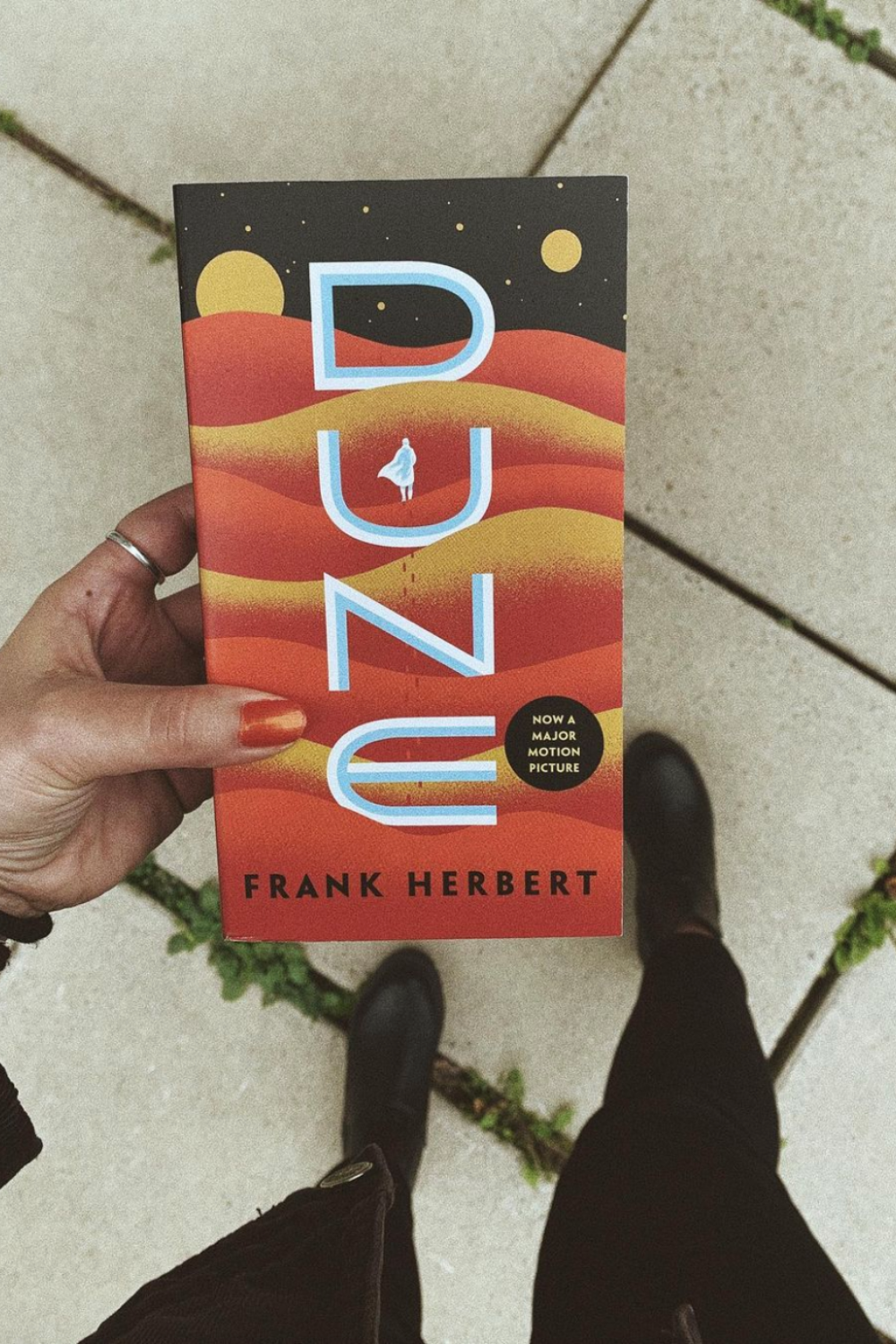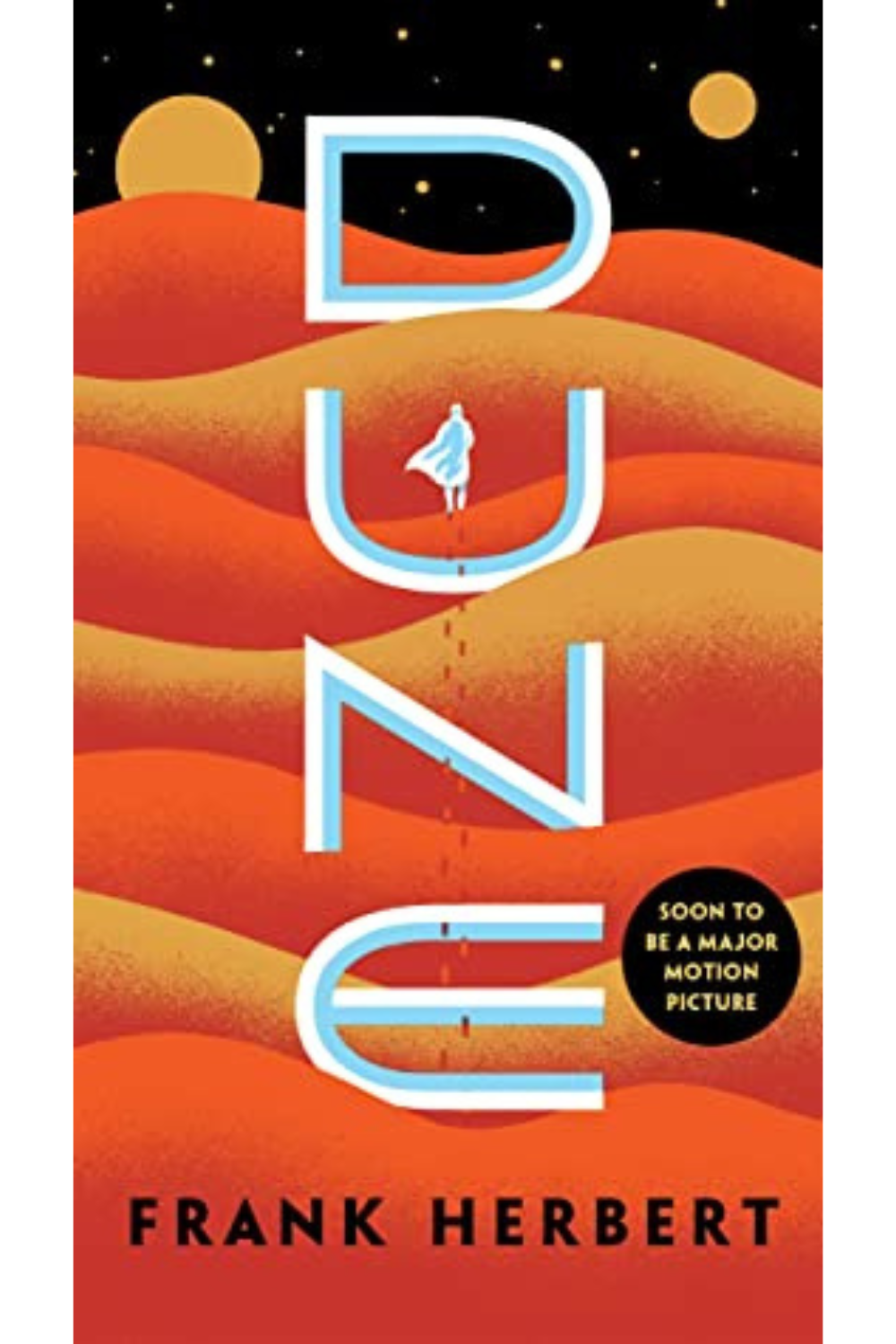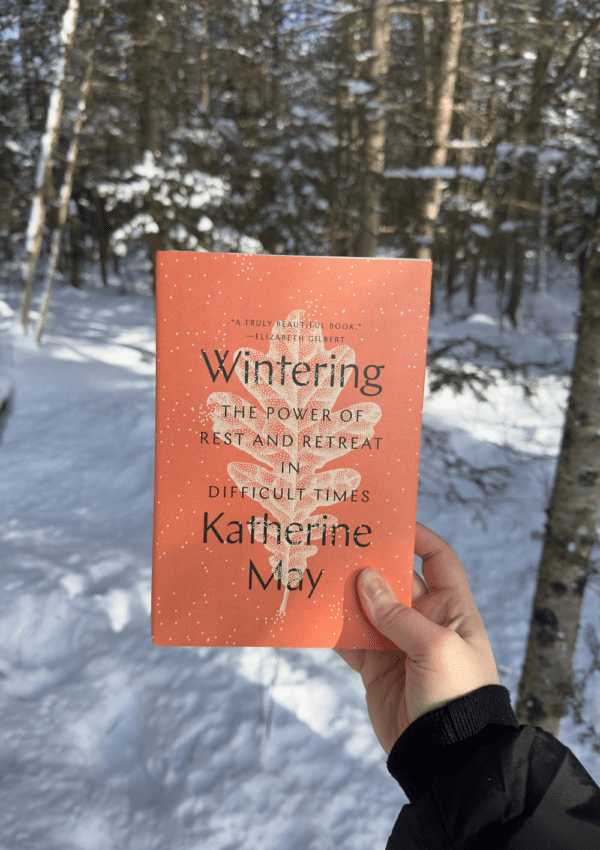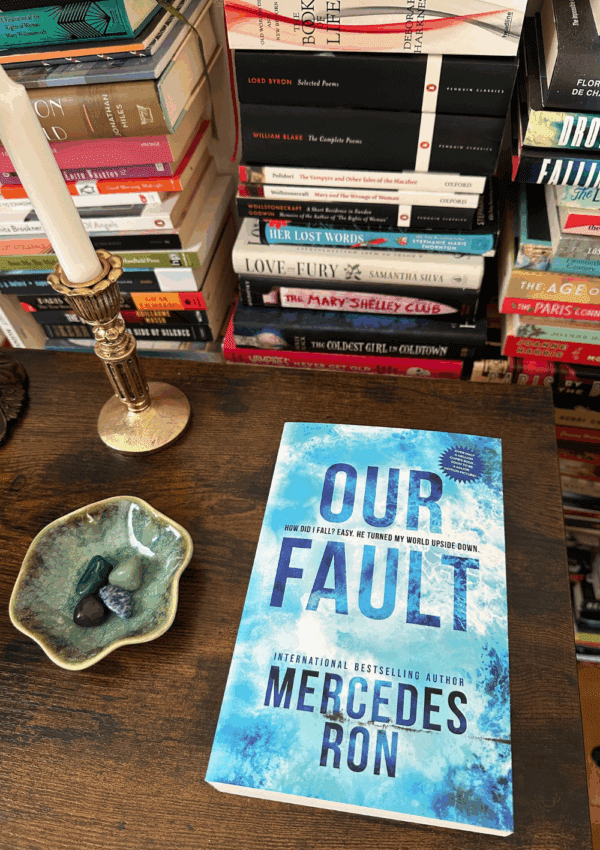This post may contain affiliate links, which means I’ll receive a commission if you purchase through my links, at no extra cost to you. Please read my full disclosure for more information.
“Dune” by Frank Herbert is the first book of one of the best science fiction series out there — covering a wide range of topics such as mysticism, adventure, politics, environmentalism, and more.

- Date finished: October 27th, 2021
- Pages: 884
- Format: Mass Market Paperback
- Form: Novel
- Language read: English
- Series: Series
- Genre: Science Fiction | Fiction | Fantasy
Buy “Dune”
“Dune” follows the story of Paul Atreides, who is the heir to a noble family and sent to rule Arrakis, a barren sand planet that has a special spice called melange. But the house of Atreides is not the only faction that has their stakes to this powerful, mystical melange.

I will start by saying that I’m writing this review three years after first reading this book and it is therefore lacking the depth of the analysis I know I could have written. However, luckily, as humans, we tend to remember how we felt, and how deeply affected and transported we were when reading a particular book. And “Dune” definitely ignited all the exciting newness feelings I have when immersing myself in a world for the first time. I’ve also filmed a brief reading vlog and movie review that you can watch here.
The thing I enjoy the most about this book is the gradual build-up, which normally – I’ll be honest – is something I don’t have the patience for. This progression allows for an extensive discussion on multiple subjects that plague the human condition: ranging from themes such as determinism, exploitation politics, imperialism, technological-intergalactic progress, prophecy, and more.
And thus, there’s a myth-making element to this book that is enjoyable to watch unfold:
“Greatness is a transitory experience. It is never consistent. It depends in part upon the myth-making imagination of humankind. The person who experiences greatness must have a feeling for the myth he is in. He must reflect what is projected upon him. And he must have a strong sense of the sardonic. This is what uncouples him from belief in his own pretensions. The sardonic is all that permits him to move within himself. Without this quality, even occasional greatness will destroy a man.” (p. 205)
Furthermore, I like the extremes this book explores — both in establishing Empires and in Paul who undertakes the journey of becoming the prophet “Muad’Dib” (p. 497). These extremes constantly highlight the real-life imperialist and colonialist conflicts that Herbert explores. Even Middle Eastern words like “Shah-Nama” (p. 504) (‘Shahnameh’ meaning “Kings” in the Persian language) are used throughout the text.
Overall, “Dune” is an exciting start to the series and I will be continuing my read-along.
“I must not fear. Fear is the mind-killer. Fear is the little-death that brings total obliteration. I will face my fear. I will permit it to pass over me and through me. And when it has gone past I will turn the inner eye to see its path. Where the fear has gone there will be nothing. Only I will remain.”
“The mystery of life isn’t a problem to solve, but a reality to experience.”
⭐⭐⭐⭐⭐






Leave a Reply